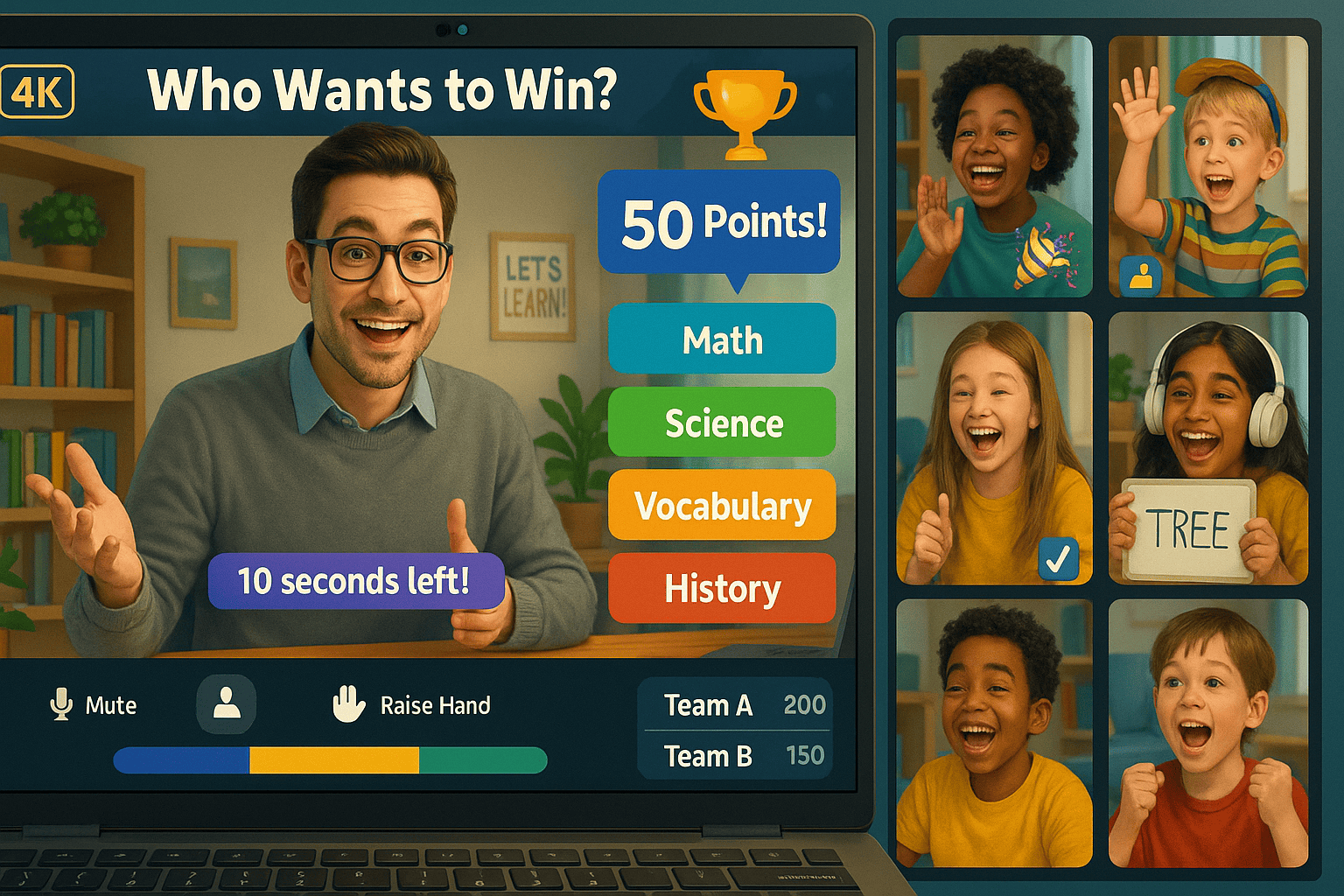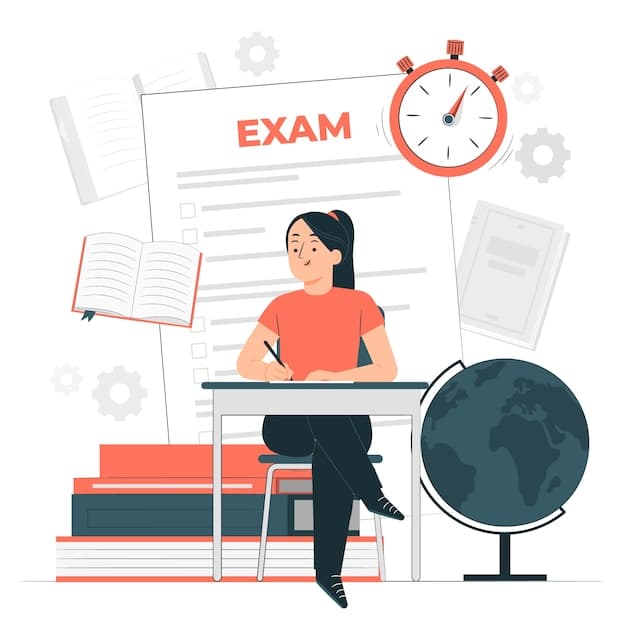How Codeyoung Helps Kids to Balance Academics and Online Skill-Based Learning at Home

Children have more to do than schoolwork in the current high-paced world. Without taking away homework, exams, and routine academic work, they are encouraged to pursue new areas of learning, grassroots activities, all to widen their horizons. Online platforms have given children the opportunity to acquire creative skills, such as coding, public speaking, and education in the creative arts, as well as critical thinking, among others. However, the vast array of options usually causes disorientation not only in the students but also in parents and family members: how does one maintain academic balance and manage it all?
On the part of a parent, there is a need to make sure the children do not feel overwhelmed. On one hand, it is still important to have academic achievements; on the other hand, skill-based learning has also become a serious concern in preparing children for the future. This balance is tough to strike because excessive engagement in academics may reduce creativity, whereas excessive extracurricular activities will negatively impact school performance. The current need is a facilitative methodology that can assist in managing online classes effectively.
That is where we at Codeyoung ensure all-around growth of the child through a combination of structured academic procedures and a skill-based game practice program online. With learning opportunities as fun, personalized, and flexible as possible, its after-school learning helps kids develop a proper schedule for kids' learning, boosting performance at school, and developing future-ready skills. The result? An educational experience that supports discipline and creativity, at the same time avoiding excess of either.
Why Academic Balance Matters for Kids Today

Today, academic balance is far more than merely doing homework and preparing for exams. Children are balancing homework, studying, school assignments, projects, and increasing, online learning opportunities. Lack of balance may rapidly overwhelm them, resulting in stress and burnout or reduced motivation. More to the point, when the emphasis is given too much to a single aspect of life, being academic merely, children necessarily miss other kinds of development that are just as essential.
Academic Balance is essential for students since nowadays the learning landscape has changed. Sound academic backgrounds will always remain a necessity, but they are no longer the sole determinant of success. The demand has been placed on skills like coding, design thinking, communication, collaboration, and problem-solving, both in school, in higher education, and in the workplace. To take an example, the child who has learnt to code is not only acquiring a technical skill but also elaborating logical thinking and creativity, which enhances performance in fields of math and science. Likewise, learning to present oneself in front of an audience will increase confidence levels in classroom speaking and leadership.
Key to this is how Codeyoung organizes learning activities around after-school time to ensure that they do not substitute or conflict with school practices but instead complement the school day. It does not feel like another task on the to-do list; instead, its programs are designed to feature energizing, curious, and delightful learning.
The Benefits of After-School Online Learning with Codeyoung

After school hours provide a good time to extend these children beyond what their school curriculum has yet to offer them; however, schools are the key to academic learning. After-school, online learning programs can open new horizons of interests, creative exploration, and the ability to be future-ready. That is where Codeyoung comes in and offers a personalized, engaging, and flexible learning experience, not just limited to textbooks.
Offering age-appropriate lessons, Codeyoung teaches kids aged 5-14 about code and math enrichment, English fluency, and communication proficiencies in an interactive, entertaining environment that happens one-on-one. Such sessions are not meant to add additional work to that of a child; it is intended to supplement what the child may be learning in the classroom, but to stimulate and challenge the child in new ways. An example is coding courses, which develop logical thinking to boost the performance in math and language programs, whose results are gained in confidence to give school presentations and pass exams.
These outcomes can be seen not only in grades but also reflected in the overall personality of a child. Parents observe their children to be more confident, curious, and independent learners. Abilities such as problem-solving, creative thinking, and time management come innately and help children to approach academic and real-life problems effortlessly. Above all, the learning process at Codeyoung after school is highly engaging, thus preventing the motivational dip.
Building the Perfect Schedule for Kids Learning – Tips from Codeyoung Experts
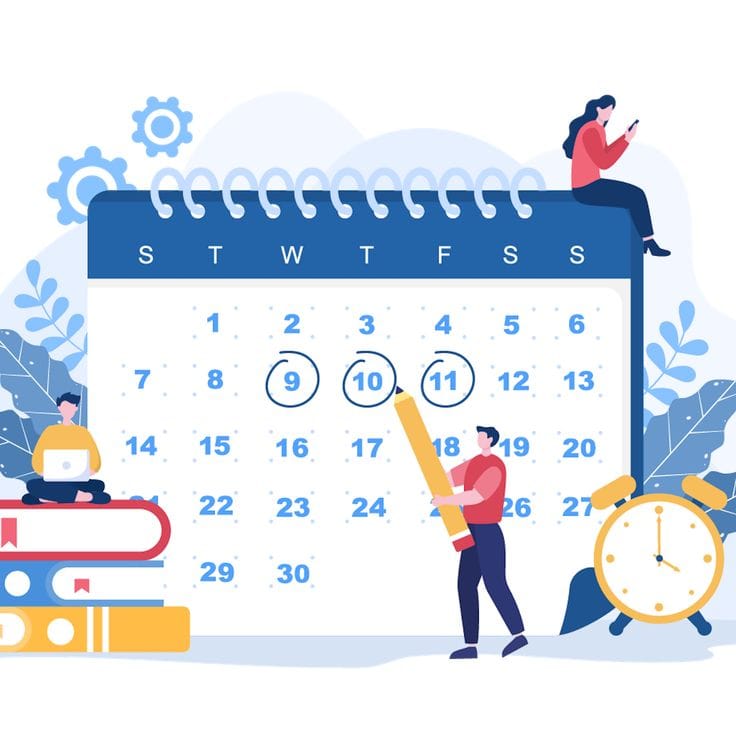
Striking the right balance between academics and skills-based learning begins by doing something simple, but very powerful: a good schedule. For many families, the greatest challenge is not obtaining such opportunities but rather organizing them effectively. Kids skip the homework directly to activities and screen time without a designated plan, and they usually either feel overwhelmed, distracted, or exhausted. This is why developing the right academic balance in a daily routine must be the first step in achieving successful learning.
With the help of mentors at Codeyoung, families can create schedules for kids that accommodate not only academic needs, but also personal interests. Rather than having kids follow a fixed routine, Codeyoung believes in the power of flexible scheduling—prioritizing academics and rest while fitting in skill-building slots at times when children are least tense and most responsive to the material.
As an example, some children can thrive when learning in the late evening after a few hours’ break from school-related studies. In contrast, other children might prefer weekend classes, where they have more time to synthesize the knowledge.
Structured Routines for Academic Balance and Extracurricular Activities

Children do well when they feel that their environment is orderly and predictable. A set schedule also establishes predictable times for when they need to study, unwind, and learn new things. Without such a structure, children can end up either completing schoolwork as quickly as possible to get on with other priorities or being unable to handle the workload of such a variety of activities at once. Both possibilities may exert pressure, negatively affect productivity, and even lead to a loss of interest in studying.
A practical solution would be the establishment of a program that promotes academic balance, where parents can be sure that academics will not be neglected, but, at the same time, space is left open to allow creativity to flourish. For example, home tutorial and revision can be set immediately after school, followed by a brief relaxation period, and then the exciting after-school online learning sessions in coding, math enrichment, or English. This approach not only prevents overloading, but it also enables children to use their recharged minds to develop skills.
At Codeyoung, families are guided by mentors who aid in managing online classes and creating these regimented activities so that although the child is not overloaded, he/she is also not understimulated. The emphasis is on bringing learning out of the contrived mode where school performance is not undermined by skills development, but facilitated and augmented by it. This will create a highly motivated, disciplined, and enthusiastic approach to learning for kids all the time.
Personalizing Schedules to Each Child’s Learning Patterns
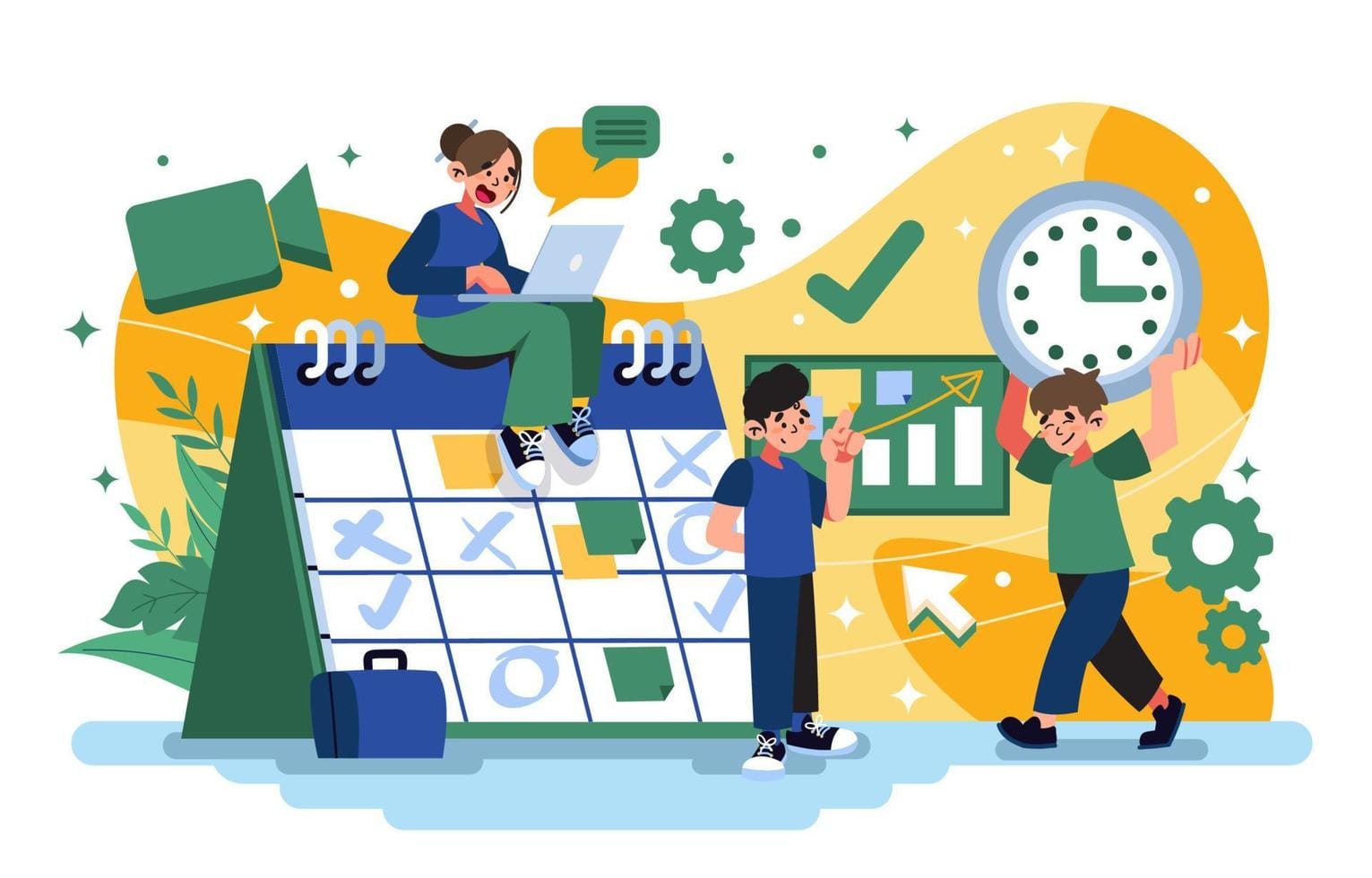
Each child does not learn in the same way. Some may be early morning people and learn things fast, and others prefer to work in the evenings after school assignments have been finished. It is essential to understand these natural learning rhythms so that a child does not feel pressured to learn. A one-size-fits-all approach to scheduling frequently does not work, as it does not take into consideration the individual pace of a child, his/her preferences, and energy levels.
This individuality is taken into consideration by Codeyoung, as it allows the parents and students to develop their own schedule for kids' learning. As another example, the child who enjoys solving problems in the morning can attend math enrichment before school, and the one who is most creative at night could always have the opportunity to explore coding during night sessions.
These customized schedules make sure that learning takes place at a time of maximum focus and kinesthetic engagement by the children, rather than imposing it on a time that is inconvenient or sickening to engage in.
Integrating Breaks and Downtime
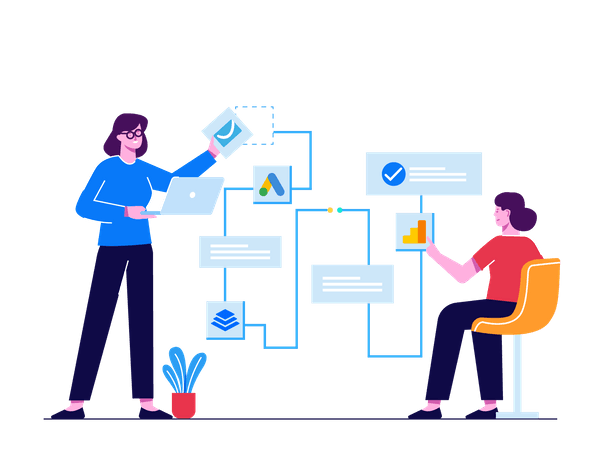
In a hurry to strike a balance between school work and learning in skill-based areas, omitting breaks in between is usually an option forgotten, however, as essential as the sessions themselves. Lack of adequate downtime also causes kids to become tired and unfocused, and may even become resistant to learning. Breaks enable their minds to process information, recover, and go back to work with some energy.
Codey objects to these micro-breaks and their importance in establishing a good habit. Rather than going into an online lesson directly after the school day, students are being brought to take little mini breaks- push-ups, hand-stands, music, or even just a breather. These tiny breaks will avoid burnout and make children more prepared to have fun with their next activity.
The structured and regular schedule is interwoven with elements of relaxation, so that learning no longer becomes a 24/7 marathon. This creates a balanced cycle in which focus, creativity, and enjoyment are preserved. Parents have found that when they maintain this appropriate study-skill-downtime ratio, children achieve academic balance and become more consistent, motivated, and enthusiastic learners.
Managing Online Classes Successfully: Strategies from Codeyoung
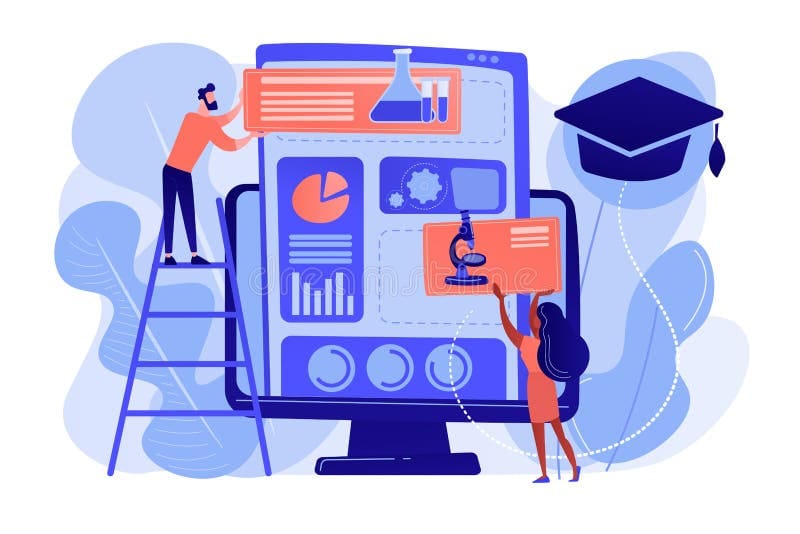
In the world of digital priority, it is not sufficient to enroll children in online programs to achieve their success. A proper structure is significant because many families realize that even the best programs may become too overwhelming or inefficient. Kids can lose interest, miss practice, or view online classes as an obligation instead of an opportunity. To truly reap the benefits of digital learning, children must be guided, organized, and supported.
Here, Codeyoung makes a difference in reality. Its mentors are not only able to teach, but also provide families with the skills that will make it easier to make children successful in online learning environments. Setting up distraction-free study environments, developing realistic goals each week, are just some of the many ways in which Codeyoung makes sure students have the means to approach their classes with better focus and enthusiasm. Parents are also instructed on how they should monitor progress, encourage their kid, and reward achievements as they come by.
Under such strategies, online study ceases to be a passive process and becomes active and engaging. Children acquire discipline in managing themselves and time, being accountable and responsible for their own development.
Creating an Ideal Home Learning Environment to Stay Motivated
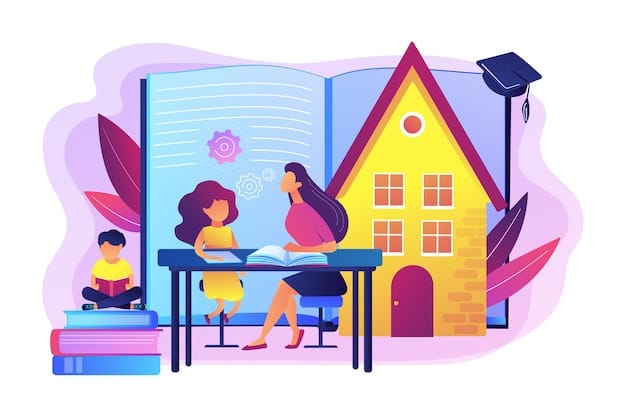
A child’s surroundings play a huge role in how effectively they learn online. No matter how engaging a class may be, constant interruptions or distractions can reduce focus and motivation. That’s why building the right environment at home is the first step toward successful learning. A calm, organized, and distraction-free space helps children concentrate better and enjoy their sessions without feeling restless.
Codeyoung encourages families to set up a dedicated learning corner at home—whether it’s a desk in a quiet room, a well-lit study table, or even a small, serene area free from household noise. The essentials include a stable internet connection, comfortable seating, and access to necessary learning tools like headphones or notebooks. Removing distractions like television or mobile phones from this space ensures kids can give their complete attention to the session.
Beyond physical setup, the learning environment also includes emotional comfort. A supportive atmosphere where kids feel encouraged to ask questions, make mistakes, and explore freely is just as important as the physical space. With the proper setup, children not only focus better during online classes but also develop a positive association with learning at home.
Leveraging Digital Tools for Time Management & Progress Tracking
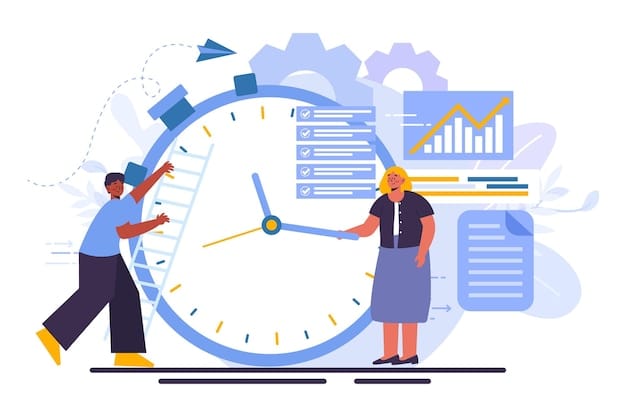
Another great dilemma experienced by parents with after-school online learning is determining the child's progress to assess whether improvement is taking place. There are no visible milestones; therefore, it may be challenging to monitor the progress or tell whether the time is used effectively. This is why digital means of tracking performance and time management can have a significant impact on generating accountability and developing confidence.
Codeyoung incorporates learning follow-up tools whereby parents and children get a clear picture of the learning progress. These tools also depict the fulfillment of the lessons, the knowledge that is achieved, and the knowledge that has to be refined further.
In this instance, children receive a sense of accomplishment and motivation because they can see the literal distance they have progressed. To the parents, it assures them that each session is producing visible returns.
Communicating with Mentors and Peers

Effective communication is central when it comes to learning. One of the best approaches is not to leave children alone to learn, but to have an adult who will guide them, answer their questions, and provide them with timely feedback. Simultaneously, the possibility of communicating with peers makes them collaborate, share ideas, and work in teams, the skills that complement academic balance and are closely related to scholarly knowledge.
This is a balance that Codeyoung guarantees through one-on-one interactions with customized mentors. Not only are these mentors instructors, but they are also learning partners themselves, prompting the kids to ask questions and seek clarity as well as confidence in what they can do. Regular communication makes the children feel that they are not alone, and parents can feel confident that their child is receiving the personal care they need.
In addition to individual mentorship, Codeyoung will offer access to peer activities, including group-based exercises and team challenges. This would enable children to master teamwork, means of communication, and problem resolution in real, practical situations. A combination of mentor guidance and peer learning allows Codeyoung to provide the best of both worlds: both personalized support and the feeling of a community.
How Codeyoung’s Programs Improve Academic Balance and Real-World Skills

Codeyoung offers more than grade improvement programs, but also develops learners as well-rounded people. Combining academic education and skills training, children inherently acquire such relevant skills as critical thinking, creativity, time management, and problem-solving, which not only enhance their school performance but also equip them to meet future academic and professional challenges in their higher education and career choices.
It is also frequently noted by parents that, by virtue of a mix in the relative emphasis between academics and skill development, their children are increasingly confident, independent, and motivated, with a nice blend of performance in the classroom as well as the real-life skills and competencies necessary to make their way in an ever more rapidly changing world.
Frequently Asked Questions
How do I know if my child’s schedule for kids' learning is truly balanced?
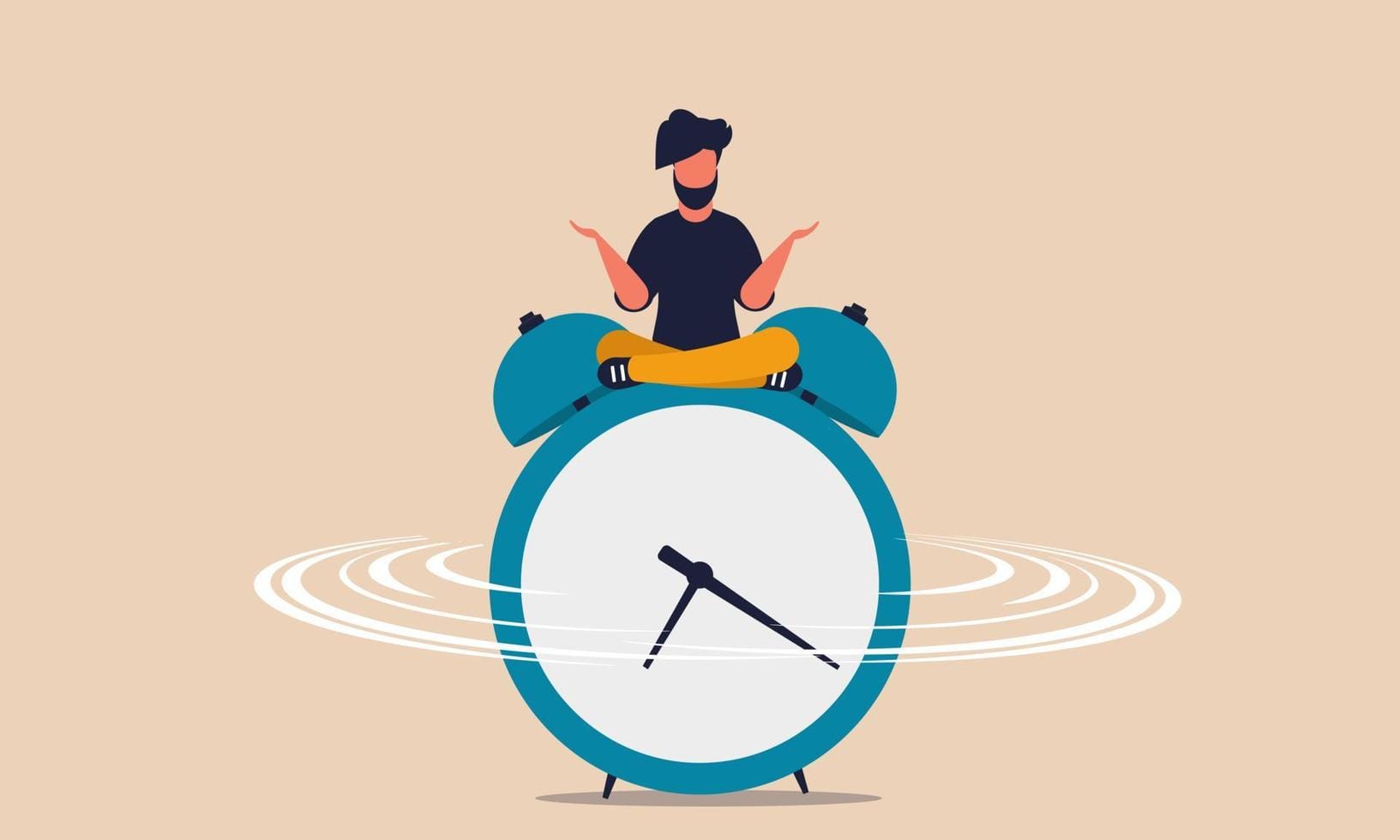
It is balanced in the sense that there is not only time devoted to schooling but also skills and rest periods. Along with parents, the mentors in Codeyoung consistently review and make adjustments to routines to optimize the pace at which children can maintain consistency without becoming overwhelmed.
Can Codeyoung help with managing online college classes for kids new to digital learning?
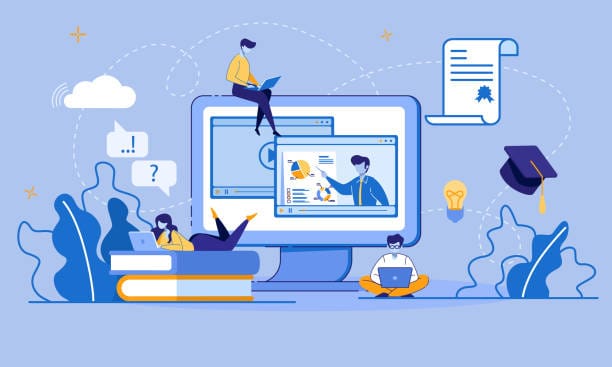
Yes. Codeyoung assists children in managing online classes effectively, showing them how to stay attentive, utilize time efficiently, and communicate proactively. This ensures children feel confident and comfortable in digital learning environments, even if they are new to it.
What’s the ideal duration for after-school online learning sessions?
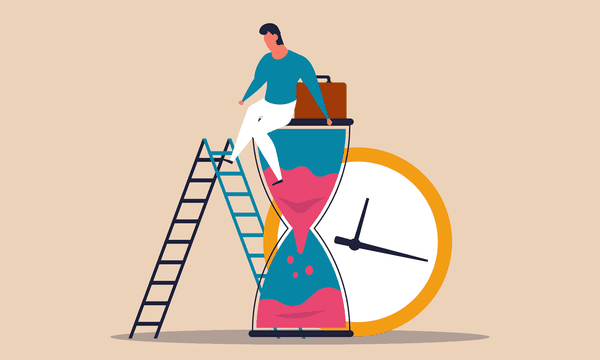
The sessions would generally be 45 to 60 minutes of structured sessions that work best. This duration is neither too long that children would lose interest nor too short that they would not understand new ideas.
How involved should parents be in after-school online learning routines?

Parents need to stay structured and encouraging, but they do not have to micro-manage. The learning process and tracking of student growth is done by Codeyoung's superior educators, leaving the ownership of growth to the child.
Will focusing on skill-based learning affect academic performance?
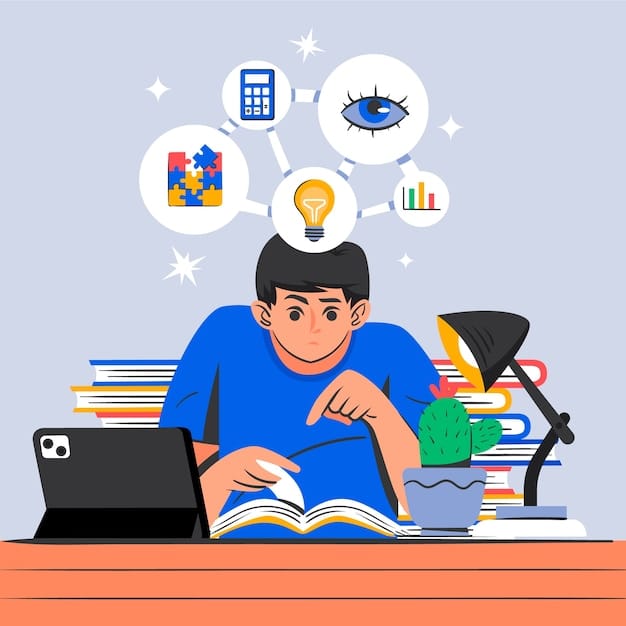
By no means. In reality, when incorporated in the proper proportion, skill-based learning can actually augment academic performance by promoting focus, critical thinking, and creativity, as well as problem solving, all of which happen to improve academic performance automatically.
